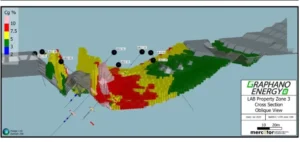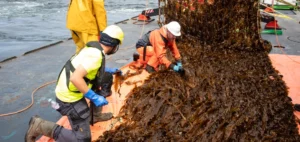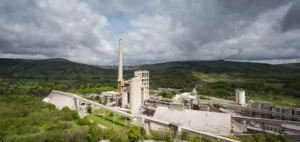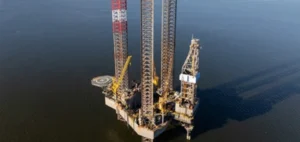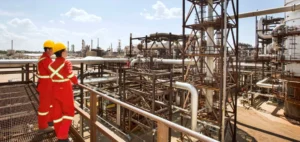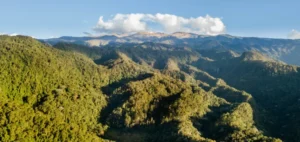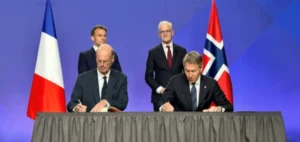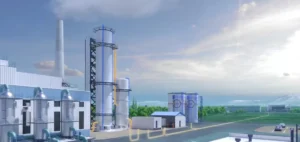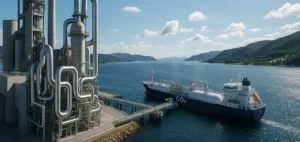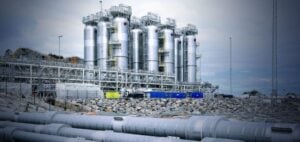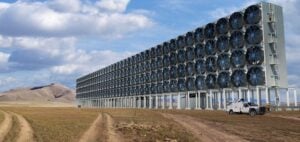RWE, the UK’s leading electricity producer, today unveils its ambitious plans to advance three new carbon capture projects, marking a significant step towards decarbonizing the country’s energy sector. These initiatives are part of RWE’s commitment to support the UK’s goal of achieving a decarbonized energy system by 2035, and to align its global ambitions with the objectives of the Paris Agreement.
Carbon capture projects: Energy decarbonization at the forefront
The company is currently studying the feasibility of retrofitting carbon capture technology to its existing gas-fired combined-cycle power plants in Pembroke and Staythorpe. In addition, RWE is developing proposals for a new gas-fired power station with carbon capture near the Humber estuary at Stallingborough. If the project goes ahead, the new power plant could have a capacity of up to 800 megawatts, providing electricity to around one million homes.
As the operator of the largest fleet of gas-fired power stations in the UK, and as a leader in renewable energy generation, RWE recognizes the importance of carbon capture and storage (CCS) as a viable solution for delivering reliable, programmable and carbon-free electricity generation. These three CCS projects will play a crucial role in RWE’s commitment to achieving carbon neutrality by 2040, while contributing to the UK’s long-term energy security.
Enhanced energy security
Tom Glover, Chairman of RWE UK Country, emphasizes the importance of gas-based clean power projects in decarbonizing the energy sector and supporting the expansion of renewable and low-carbon technologies. By integrating carbon capture, RWE enhances energy security by providing a firm and flexible electricity supply, independent of weather conditions. Glover is delighted to announce RWE’s plans for these carbon capture projects, seeing them as an important step in decarbonizing RWE’s existing fleet of gas-fired power plants.
If the three projects progress as planned, they could potentially guarantee up to 4.7 gigawatts (GW) of flexible, low-carbon generation capacity. This amount of clean energy would be enough to power around 8.1 million typical UK homes. What’s more, the projects aim to capture 11 million tonnes of CO2 every year, equivalent to taking 2.2 million gasoline-powered cars off the road. Not only do these projects contribute to the UK’s energy security, they also attract significant investment in the country’s energy infrastructure and play a key role in the decarbonization of neighboring industrial clusters.
To ensure the safe transport and storage of CO2, RWE has established partnerships with the South Wales Industrial Cluster (SWIC) and Viking CCS, focusing on the development of appropriate transport and storage solutions. The proximity of projects to proposed CO2 networks or access to shipping facilities facilitates the secure transport and storage of CO2 captured by third parties. In addition, RWE aims to explore options for using captured CO2 wherever possible.
Major investments in energy infrastructure thanks to carbon capture
RWE is now preparing to submit applications to the Department of Energy Security and Net Zero’s Track 2 Phase 2 sequential cluster funding process. This process is specifically dedicated to carbon capture projects located close to CO2 storage or transport facilities. With this application, RWE aims to demonstrate the viability and importance of carbon capture as an essential tool in the race towards a net-zero emissions future.
RWE’s development of these three carbon capture projects represents a significant step towards the decarbonization of the UK energy sector, ensuring stable and secure power generation while making a substantial contribution to the fight against climate change. With these initiatives, RWE is at the forefront of clean energy innovation, paving the way for a sustainable future.


